
Updated VIKTORIA-1 data show gedatolisib plus Faslodex, with or without Ibrance, improves progression-free survival in PIK3CA wild-type advanced breast cancer.

Updated VIKTORIA-1 data show gedatolisib plus Faslodex, with or without Ibrance, improves progression-free survival in PIK3CA wild-type advanced breast cancer.

Piqray plus Faslodex improved progression-free survival versus Faslodex alone in CDK4/6 inhibitor–pretreated, PIK3CA-mutated advanced breast cancer.

BOOG 13-08 shows skipping sentinel lymph node biopsy in patients 50+ with early-stage, hormone receptor–positive, HER2-negative breast cancer is safe.

At the 2025 SABCS, researchers presented findings with the potential to meaningfully affect breast cancer treatment and patient care.

DESTINY-Breast05 analyses show post neoadjuvant Enhertu improves invasive disease free survival compared with Kadcyla in patients with residual early stage breast cancer.

Most premenopausal women with early breast cancer accepted GnRHa during chemotherapy to preserve ovarian function; cryopreservation uptake was lower.

Inluriyo and Verzenio helped patients with ER+/HER2– advanced breast cancer stay on treatment longer without their disease worsening vs standard therapy.

Hormone therapy after breast cancer did not increase risk in BRCA1/2 carriers; estrogen alone was linked to lower risk.

For AYA breast cancer survivors, mobile health intervention was associated with improvements to general and cancer-specific quality of life.

Real and sham acupuncture improved perceived cognitive function versus usual care, with real acupuncture showing greater benefits for objective cognitive outcomes.
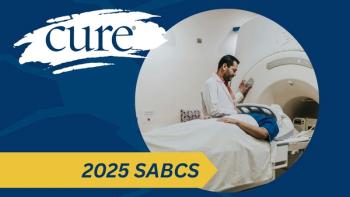
The 60-month local regional recurrence-free rate was 93.2% in the MRI arm versus 95.7% in the no MRI arm, researchers reported.

Enhertu and Perjeta led to better quality-of-life and less side effects than standard-of-care among patients with HER2+ advanced or metastatic breast.

Adding radiation before surgery with Keytruda increased immune cells in tumors and led to encouraging responses in people with early-stage breast cancer.

Tecentriq numerically increased the rates of chemotherapy-induced ovarian failure compared with chemotherapy alone for patients with triple-negative breast cancer.

Verzenio showed meaningful improvement for some patients with HR-positive, HER2-negative breast cancer after prior CDK4/6 treatment.

Tukysa added to Herceptin and Perjeta improved progression-free survival versus placebo in HER2-positive metastatic breast cancer after initial therapy.

Giredestrant generated improved outcomes over standard endocrine therapy in patients with ER+/HER2–, medium- and high-risk early breast cancer.

Progression-free survival was not statistically significant with Trodelvy versus chemotherapy as first-line treatment in HR+/HER2– metastatic breast cancer.

In patients with triple-negative breast cancer, ctDNA was most commonly identified within six months after treatment, reflecting the disease’s typical pattern of early recurrence.
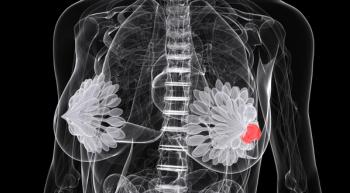
CURE® highlights some of the top stories from SABCS, including those focused on older and younger patients with breast cancer, in addition to treatment strategies.
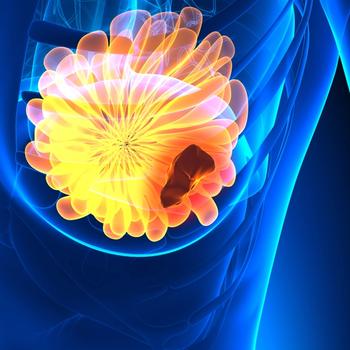
Treatment with Enhertu showed favorable outcomes regarding health-related quality of life in patients with HER2-positive breast cancer, regardless of brain metastases.
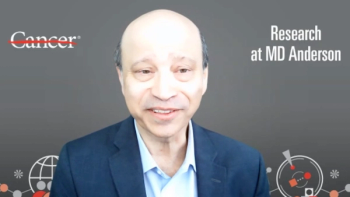
Targeting the estrogen receptor and HER2 pathways improved progression-free survival in patients with HR-positive, HER2-positive metastatic breast cancer.

Younger patients with breast cancer and the BRCA gene showed improved survival after undergoing risk-reducing mastectomy and/or risk-reducing salpingo-oophorectomy.

Presurgical camrelizumab plus chemotherapy significantly improved responses versus chemotherapy alone in early or locally advanced TNBC.

Tecentriq plus chemotherapy did not improve event-free survival in triple-negative breast cancer but increased rate of complete tumor removal.
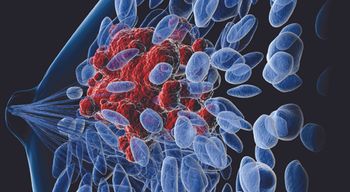
Patients with high-risk, HR-positive, HER2-negative breast cancer treated with HER3-DXd with or without Femara (letrozole) experienced fewer side effects than with chemotherapy.
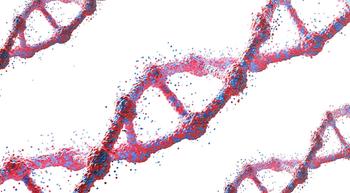
Several biomarkers may predict improved treatment responses and outcomes in patients with triple-negative breast cancer.

Radiation therapy resulted in improved quality of life and fewer side effects for older patients with stage 1 luminal-like breast cancer than endocrine therapy.

No significant survival benefits were found when comparing three CDK4/6 inhibitor combinations during initial treatment for HR-positive, HER2-negative metastatic breast cancer.

Detections of ctDNA at baseline in patients with HR-positive early breast cancer were associated with larger tumor size.